Photography Insights
Is Artificial Intelligence transforming photography as we know it?
7 min read
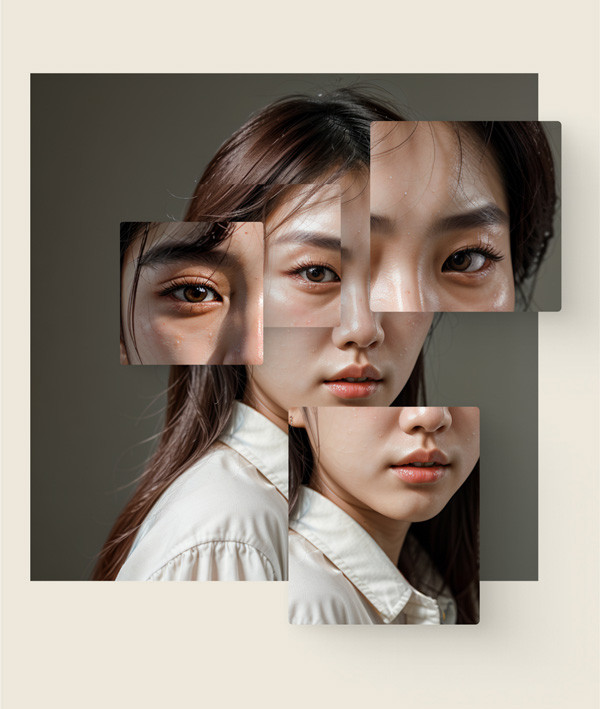
Last April, luxury brand Prada launched a fragrance campaign whose images were created with the help of Artificial Intelligence (AI). Meanwhile, fashion brand Levi’s temporarily replaced human models on its e-commerce site with AI-generated ones. In Australia, an AI-generated image even managed to win a photography competition.
These are just some examples of a wider trend illustrating that photography, as every other part of our lives, is already being heavily influenced by the rise of computer systems capable of performing tasks that normally require human intelligence.
“Things keep happening that almost challenge the status quo or the understanding or expectation of what photography is”, says James Coupe, Head of Photography at the Royal College of Art in London, where many students are currently experimenting with the emerging new technologies.
As an answer to this changing photography landscape, he is setting up the so-called Synthetic Media Lab with the goal of providing a platform to reflect on synthetic media and AI through the lens of image-making. “Our work and the program are increasingly intersecting with AI and machine learning - making images without using cameras”, he explains. The lab is meant to offer a pathway into the topic and explore it critically. “At first, artists and students often need to overcome the technical hurdle to begin working with these new tools”, Coupe says. “A lot of the work emerging from the lab will engage with issues around surveillance privacy or algorithmic bias.”
The latter is already - unbeknownst to many - at work in our pockets. The cameras of our cell phones are all using AI to improve the images we snap on the daily. “A lot of decisions and controls are being taken out of your hands”, Coupe explains. “The default style of an image is being driven by decision-making learned through AI algorithms, conforming with the general idea of what a good-looking picture is.” He is pointing to an interesting question: Who decides what this widely adopted and highly influential visual style is? And how is that choice being made?
With every new technology, there is a countermovement. When digital photography took over the world, a lot of photographers consciously returned to analogue methods. “This kind of nostalgia is a way of dealing with it”, Coupe says. “And in some ways, somebody very deliberately, specifically working with analogue media, is engaging in the conversation.”
In an attempt to take the temperature in today’s photography landscape, we asked six contemporary photographers to weigh in on the currently omnipresent issue. Is AI already transforming their practices? Is it a useful tool or do they feel their jobs are threatened? Can AI-generated images and human-made photographs still be distinguished? After all, “photography has always been an interpretation of the truth”, as Coupe puts it.
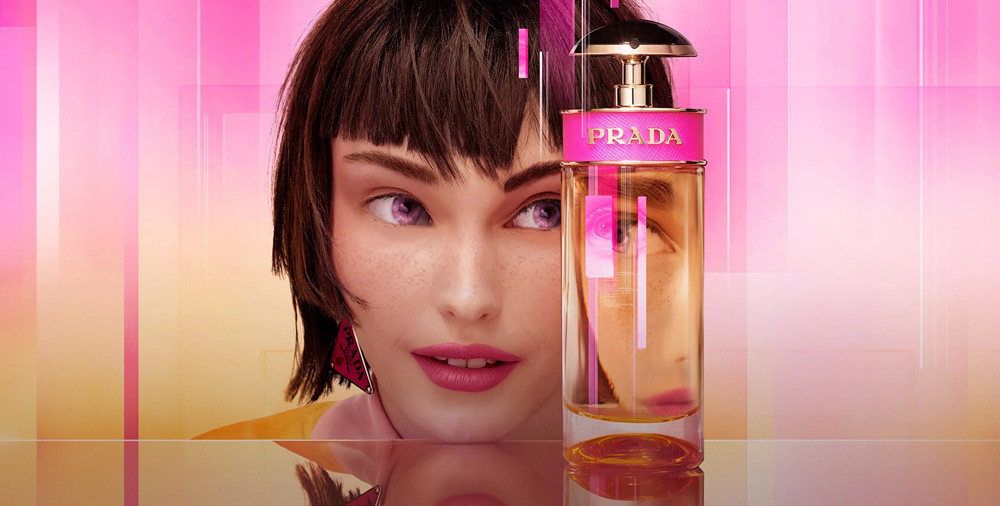
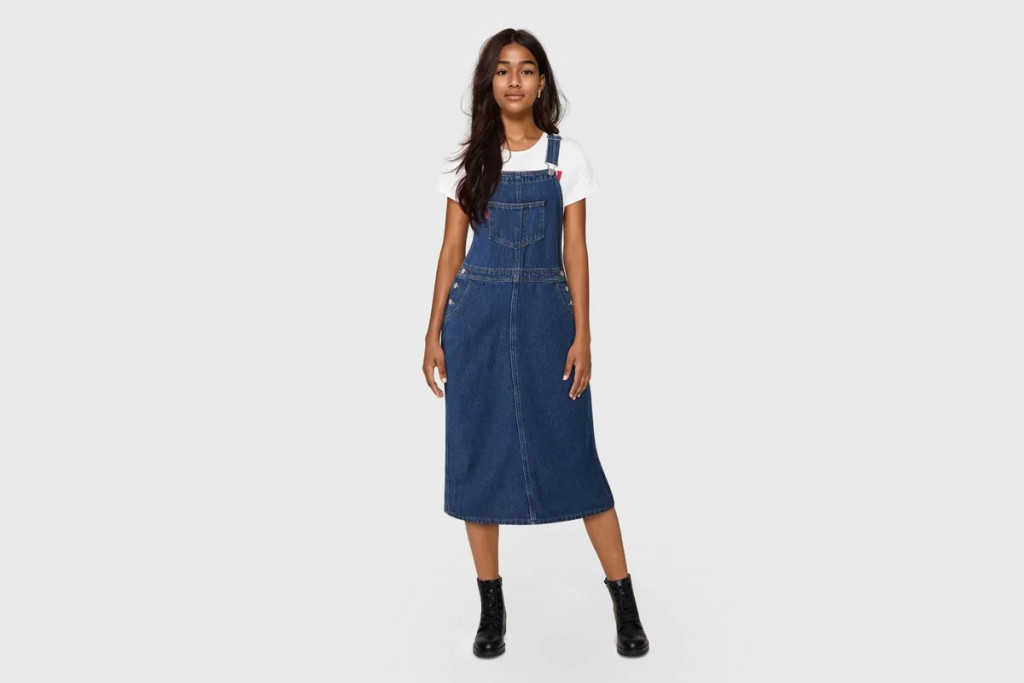
Wendelien Daan: »When photography was invented, it was the painters who were panicking«
I'm a bit old school. I don't do a lot of retouching. Sometimes I do a bit of collage,but that’s it. But I am interested in AI, and how you can use it; what you can do with it. So I try to read about it and I attend seminars and workshops about it to at least know what's going on and understand how it works. I don't want to pretend it doesn't exist.
Sometimes I compare it to the moment when photography was invented. Back then, it was the painters who were panicking. I think we have to see it as a new medium, sort of. An additional way of creating images. It doesn't necessarily have to do anything with photography anymore.
When you think about it, it was similar when Photoshop was invented. Everybody started to over-retouch. Skin was without any detail. But then that whole trend changed again.
Thomas Lohr: »AI should only be employed to generate images and worlds, not to represent reality«
AI has already started to influence nearly every aspect of my work. There are, of course, the built-in AI tools that you don’t intentionally use, like the one in Google, as well as in programs like Photoshop. Otherwise, I use AI to write corporate emails, work on treatments, or create mood boards. In a time when clients demand to see the exact result before the shoot, finding the right references or locations becomes increasingly challenging. AI will not only be useful to find the right references but also to create them from scratch. This will enable us to explain ideas more effectively. The danger will be creating a perfect reference that makes the actual shoot unnecessary.
The AI pictures I've seen are impressive but not perfect yet. Nature or still-life looks more realistic, but as soon as you can see the eyes or the skin of a human, it does not look real. It’s difficult to capture the soul of a person and get the expressions right; also what makes us human are the little mistakes which seem to be difficult for AI to recreate.
I see AI playing a more important role in the commercial field than in the art world. It can help create a world to sell a product, but I believe capturing the real world, without any alteration, especially through analogue photography, will become increasingly valuable in art photography. In photojournalism it is imperative that AI won’t be used to create content. AI should only be employed in the creative process to generate images and worlds, not to represent reality.
AI will have a significant impact on art, photography, movies, and the creative scene in general. There will always be a need for humans to guide the system and make decisions, but AI will streamline the entire process, making certain jobs an unnecessary and time-consuming expense for the client. This trend is already noticeable when it comes to creating text and storyboards, and soon it will also have a more pronounced effect on photography and film.
Billy Kidd: »You still have to be skilled to get the end results that please you«
AI is just another tool for us to use in our work. You still have to be skilled to get the end results that please you. That said, just like any tool, it can be overused… and companies could lean on it as a way to cut costs, eliminating skilled labour. It’s already a helpful tool today. I use it regularly to help me expand my cropping if I feel I’m too tight in on a shot. It’s incredible what it can do.
I’m fine with AI being used to create magazine covers, but it shouldn't be allowed in photo contests, because they are not photographs, they are a yet-to-be-determined alternative art. Some people - myself included - call them ‘text prompt art’.
Every time a new tool is created in the art world - once it was photography, then it was the digital revolution - there are different camps. But there is something different about AI. I’m not sure I can clarify why. It has the ability to expand across multiple different skill sets from design and photography to illustration and others.
If it was only creatives using it, that would be one thing, but since large corporations can hire a single AI specialist and pay them to do the job of multiple skilled professionals…that’s scary. When you think of it beyond the creative community, it could replace accountants, copywriters, and so many others.
Marta Bevacqua: »I hope the return to film photography will be reinforced«
Fortunately, there are still audiences and clients who people appreciate the process of creating a ‘real’ picture, but I can't even imagine what will happen in the future. I hope the countermovement of the last years, the return to film photography and methods of the past, will be reinforced as an answer to the rise of AI. I think people will always appreciate photography as something where people work together on creating something step by step.
AI is an interesting development, and can even be useful for certain projects, but I think it must be used very wisely. Slowly but surely it’s becoming a reality, and we need to be careful. I’m starting to be curious about it.
Anuschka Blommers & Niels Schumm: »AI is just another tool, like Photoshop«
We think the personal approach will win over AI. Its many scary sides apply more to the political aspect, such as fake news. It is just another tool, like Photoshop, and while it will grow in a similar way, many people have gone back to old-fashioned, unretouched photography, and the same could happen with AI.
AI takes away personality, an element of surprise, and creativity. It works on its own and delivers what has been asked. So far, we don’t know anyone using it, except on the more commercial side where it is a way of not having to pay models, set designers, or do retouching.
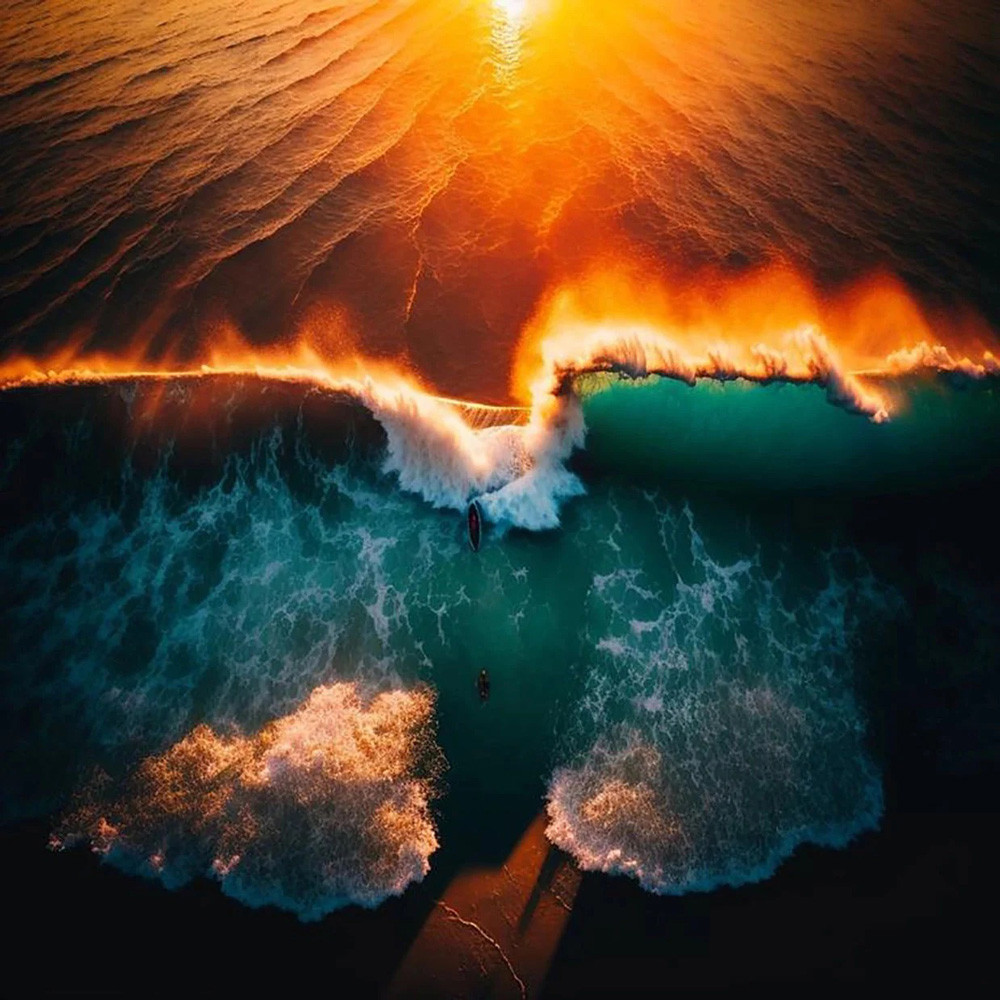
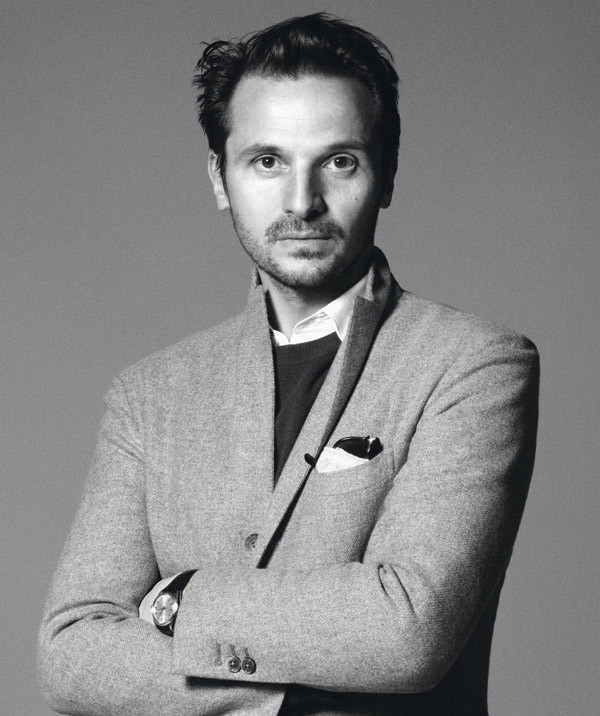
Interview
FRANCK DURAND
Franck Durand's answers are as precise as his creative designs for French fashion labels such as Isabel Marant and Balmain - and even his own logotype. Find out more about his thoughts on unique fashion advertising.
READ MORE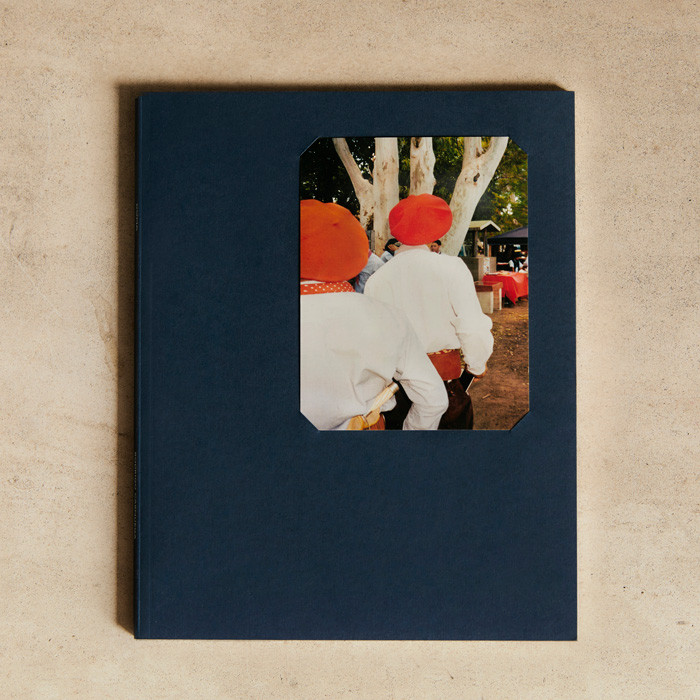
Book Review & Interview
Rodrigo Carmuega
London-based Rodrigo Carmuega’s DOMA is a love letter to his native country, Argentina, beautifully capturing the eponymous tradition connecting humans, horses, and the land.
READ MORE
